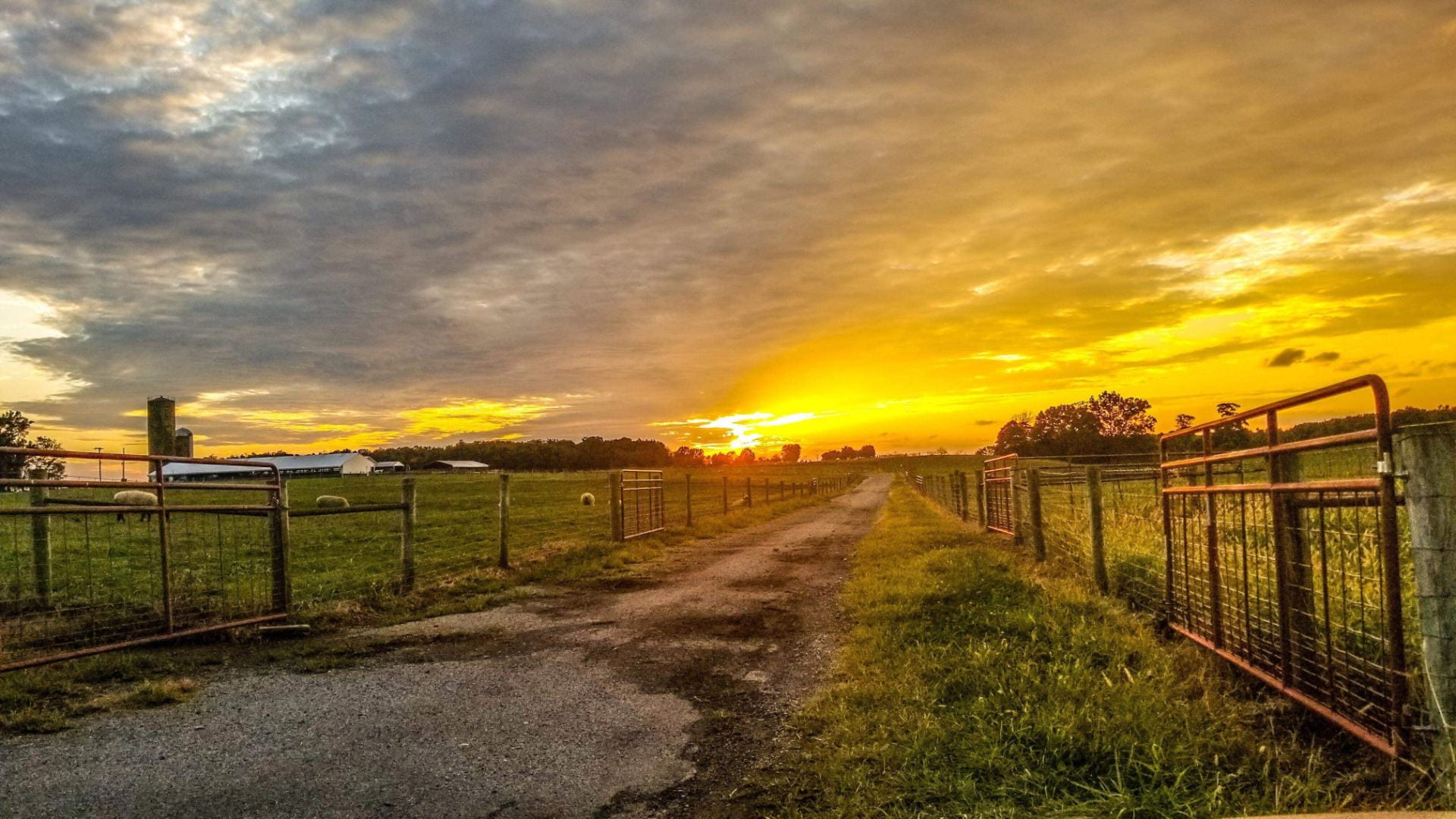Lucienne Downs, New South Wales Government District Veterinarian, Central Tablelands Local Land Services
(Previously published online with New South Wales Government Local Land Services)
A  severe deficiency of iodine causes a lack of essential thyroid hormone production and the thyroid gland enlarges. The enlarged thyroid gland is called goiter. The swelling occurs in the throat area and can be as large as an orange. Goiter is mainly a disease of lambs and kids, it rarely occurs in calves. Goats have a higher requirement for iodine than other livestock.
severe deficiency of iodine causes a lack of essential thyroid hormone production and the thyroid gland enlarges. The enlarged thyroid gland is called goiter. The swelling occurs in the throat area and can be as large as an orange. Goiter is mainly a disease of lambs and kids, it rarely occurs in calves. Goats have a higher requirement for iodine than other livestock.
Causes of Iodine Deficiency
- It mostly occurs due to insufficient intake of iodine from the pasture.
- Iodine deficiency may also be caused by goitrogens – substances within the feed which inhibit the utilization of dietary iodine. Goitrogens have been detected in some legumes and forage crops, but are considered unlikely to be a significant cause of goiter.
Iodine deficiency is typically only a problem in newborn kids and lambs
- Goiter may or may not be present in iodine deficient lambs and kids.
- Adults appear able to tolerate seasonal fluctuations in iodine supply by using reserves stored in the thyroid gland. This reserve is not available to the developing fetus.
- Thyroid hormones are essential for growth and development of the fetus, particularly the brain, lungs, heart and hair follicles, and contribute especially to survival of the newborn kid or lamb.
- Iodine deficiency makes newborn kids and lambs very susceptible to cold, wet weather and mortalities may be very high.
Intake of Iodine from Pasture
- Intake of iodine from pasture is lowest in late winter when the requirements of pregnant animals are at a peak.
- Seasonal conditions affect the iodine uptake of pregnant animals.
- Iodine deficiency is only likely to cause goiter in spring born lambs and kids when there has been heavy rains and lush pasture growth.
- As goats have a higher requirement for iodine. In some areas around the world it has become a standard recommendation that pregnant does grazing in high rainfall areas receive a drench of supplementary iodine once or, in some cases twice, during the last two months of their pregnancy.
- Iodine supplementation of ewes depends on the region and seasonal conditions.
- Treatment of affected kids and lambs with iodine or thyroxine tablets is rarely useful and it is far more effective to ensure adequate iodine nutrition of the fetus.
Drenches
- The drench is made up by dissolving 28 gm of potassium iodide in one liter of water. Each doe should receive 10 ml.
- Iodine is highly volatile and it is important to mix the drench just before use.
- iodized salt licks and feed supplements containing iodine may not prevent the problem because some animals avoid licks and it is impossible to accurately gauge intake with these systems.
- Drenching is cheap and accurate and can even be combined with some worm drenches, although it is wise to check this with the manufacturer.
